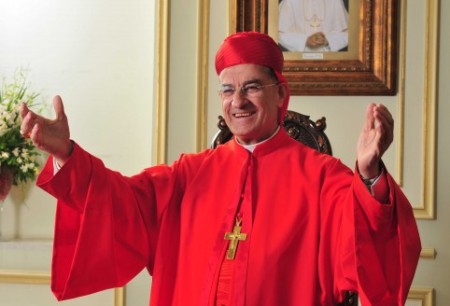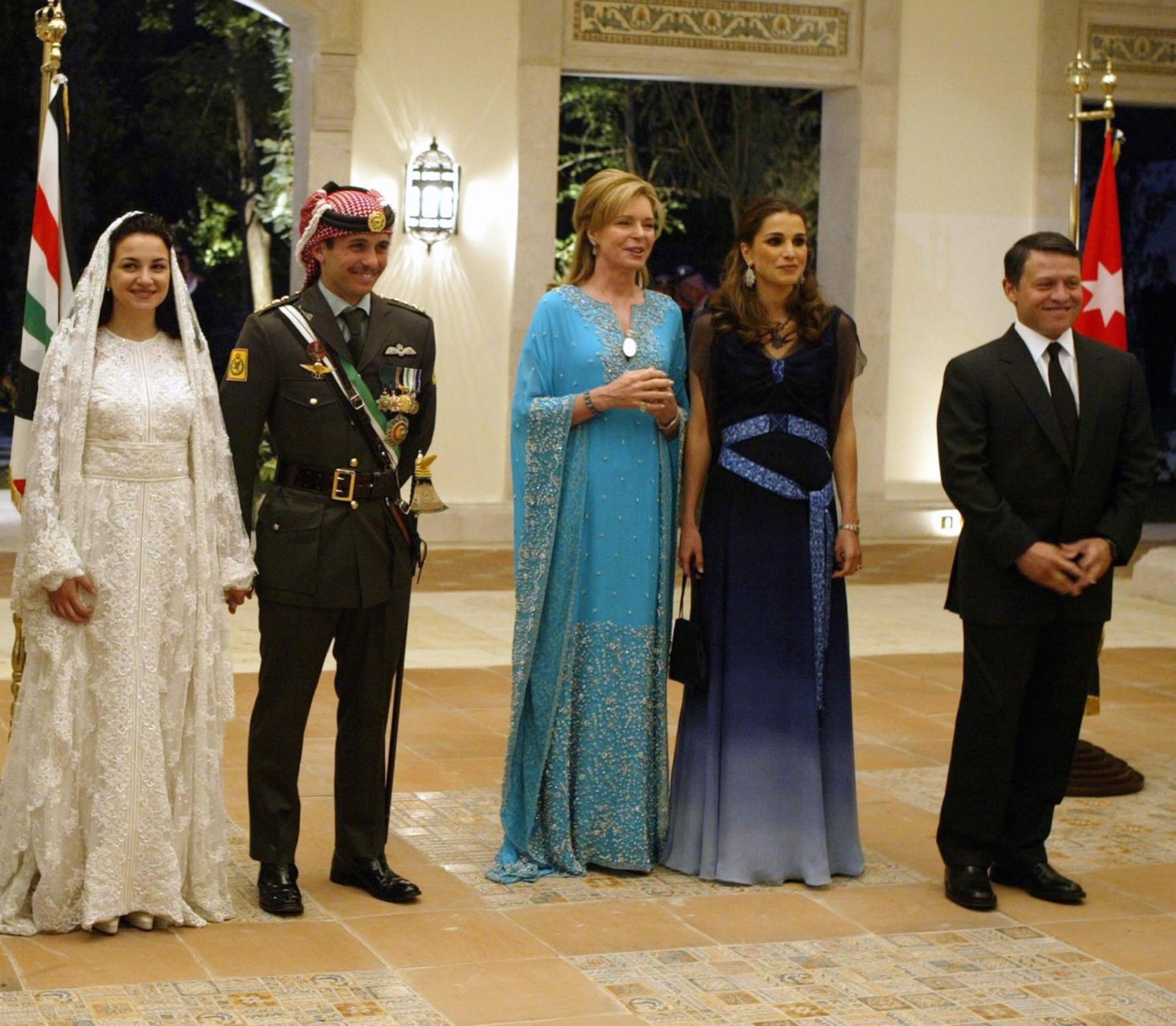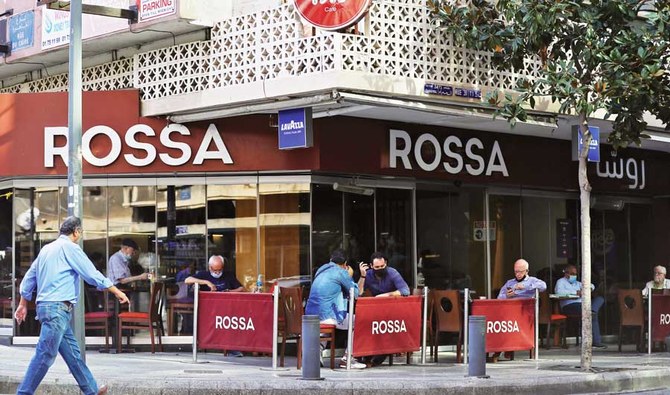
by techxplore.com — Hashem Osseiran — In a break from social media mud-slinging and Lebanon’s perennially polarised debates, audio app Clubhouse is hosting a new kind of conversation in the crisis-hit country. Users say it is achieving a little miracle: free-wheeling political discussions across party lines which don’t descend into blows. Lebanese both at home and abroad have welcomed the break from the acrimony dominating TV and social media platforms. “Clubhouse helped people on opposing ends of the political spectrum understand each other’s perspectives,” said Paula Naoufal, a 25-year-old journalist active on the app. “It gave people a space to listen, unlike Twitter and Instagram, which aren’t as interactive.”
The live audio app, launched nearly a year ago, is accessible only on Apple mobile devices—but the coronavirus pandemic has boosted its popularity in the Middle East. Syrian users have used it to discuss the 10-year-old conflict and life in exile, while Saudis tackle political reform, racism and transgender rights, despite growing fears of state surveillance. In cash-strapped Lebanon, Clubhouse is a something of a premium service, with an iPhone costing more than ten times the minimum monthly wage. But experts, journalists and expats active in its virtual “rooms” say they are carving out a space for constructive conversation between people who either never engage with each other or are usually at odds. “Clubhouse has become a safe space for people to hear each other and more importantly learn from each other and about each other,” said Joe Khawly, a Lebanese journalist living in Washington DC. “It’s creating a space where people from different religions and political affiliations are able to virtually meet and talk directly.”
Out of the bubble








